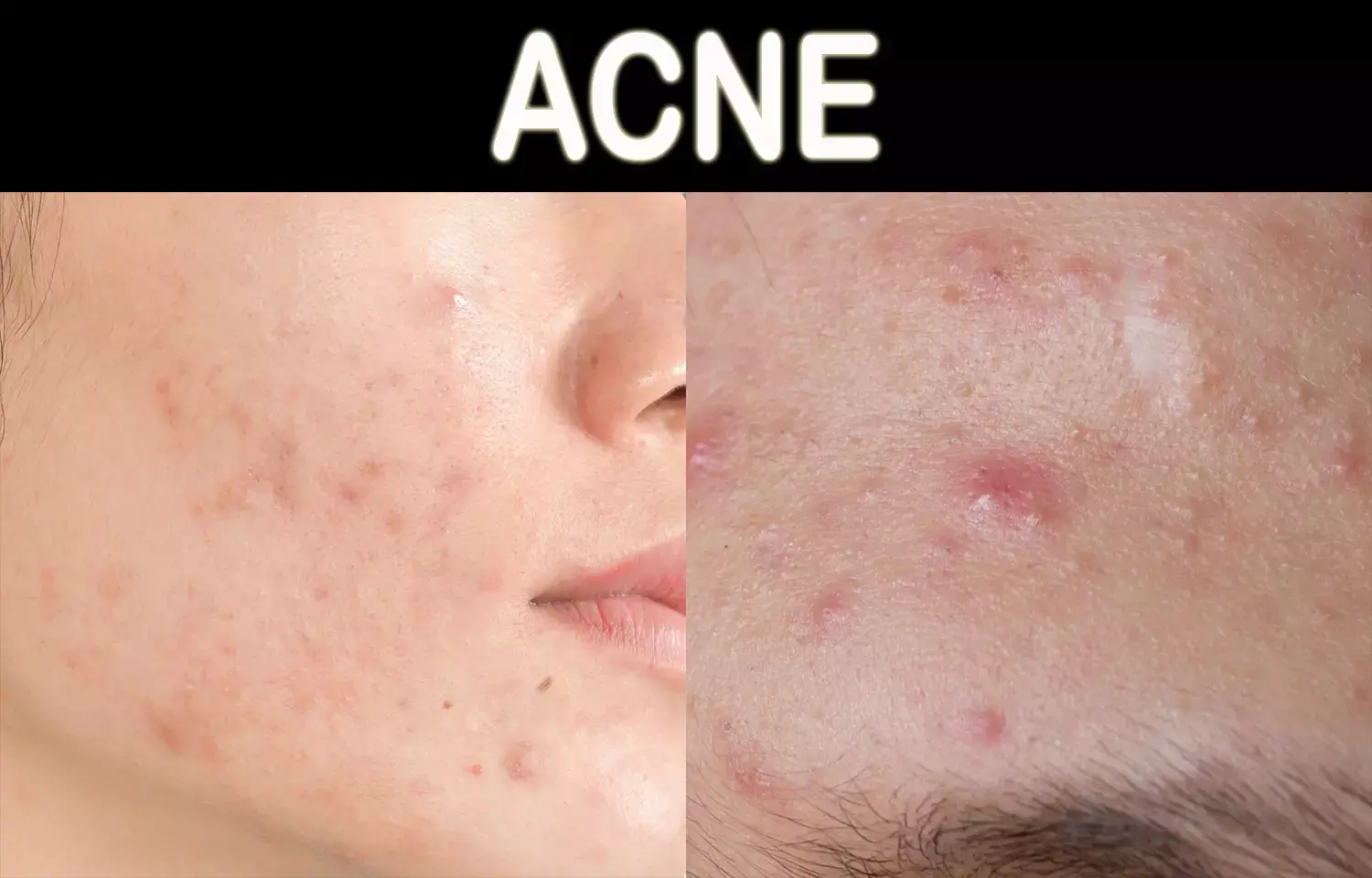- Home
- Medical news & Guidelines
- Anesthesiology
- Cardiology and CTVS
- Critical Care
- Dentistry
- Dermatology
- Diabetes and Endocrinology
- ENT
- Gastroenterology
- Medicine
- Nephrology
- Neurology
- Obstretics-Gynaecology
- Oncology
- Ophthalmology
- Orthopaedics
- Pediatrics-Neonatology
- Psychiatry
- Pulmonology
- Radiology
- Surgery
- Urology
- Laboratory Medicine
- Diet
- Nursing
- Paramedical
- Physiotherapy
- Health news
- Fact Check
- Bone Health Fact Check
- Brain Health Fact Check
- Cancer Related Fact Check
- Child Care Fact Check
- Dental and oral health fact check
- Diabetes and metabolic health fact check
- Diet and Nutrition Fact Check
- Eye and ENT Care Fact Check
- Fitness fact check
- Gut health fact check
- Heart health fact check
- Kidney health fact check
- Medical education fact check
- Men's health fact check
- Respiratory fact check
- Skin and hair care fact check
- Vaccine and Immunization fact check
- Women's health fact check
- AYUSH
- State News
- Andaman and Nicobar Islands
- Andhra Pradesh
- Arunachal Pradesh
- Assam
- Bihar
- Chandigarh
- Chattisgarh
- Dadra and Nagar Haveli
- Daman and Diu
- Delhi
- Goa
- Gujarat
- Haryana
- Himachal Pradesh
- Jammu & Kashmir
- Jharkhand
- Karnataka
- Kerala
- Ladakh
- Lakshadweep
- Madhya Pradesh
- Maharashtra
- Manipur
- Meghalaya
- Mizoram
- Nagaland
- Odisha
- Puducherry
- Punjab
- Rajasthan
- Sikkim
- Tamil Nadu
- Telangana
- Tripura
- Uttar Pradesh
- Uttrakhand
- West Bengal
- Medical Education
- Industry
Hormonal IUD implantation in women tied to acne development: Study

Iowa: Women with hormonal intrauterine devices (IUDs) are significantly more likely to be diagnosed with acne vulgaris following the implantation versus those with non-hormonal copper IUD implantation, reveals a recent study. The study was published in the Journal of the American Academy of Dermatology on 24 February 2022.
10.4% of American women aged 15 to 49 years use long-acting contraceptives, often in the form of hormonal IUDs. Hormonal IUDs use levonorgestrel to prevent pregnancy. Levonorgestrel is androgenic and may contribute to diseases and symptoms influenced by androgens. IUDs are shown to be associated with cases of new and worsening acne vulgaris, but there is no establishment of levonorgestrel-specific risk of adverse dermatologic conditions.
Against the above backdrop, Ananya Munjal, Department of Dermatology, University of Iowa Carver College of Medicine, Iowa, and colleagues aimed to evaluate the associations between hormonal IUDs and adverse dermatologic events.
For this purpose, the researchers extracted data from the medical records of patients at the University of Iowa Hospitals and Clinics and analyzed using databases in TriNetX, a health research network. They designed a retrospective cohort study using women with levonorgestrel IUDs as determined based on International Classification of Diseases, ninth or tenth revision, codes, in whom the dermatologic conditions of acne vulgaris (L70), rosacea (L71), androgenic alopecia (L64), and hirsutism (L68) subsequently developed within 1 year of implantation between January 1, 2010, and January 1, 2020.
This cohort was compared with nonhormonal copper IUDs in whom these conditions developed within the same interval. Those with instances of these dermatologic conditions within 1 year prior to IUD insertion were not included. The study included a total of 1224 women aged 18 to 60 years, and new instances of dermatologic conditions were compared between women with hormonal IUDs and those with nonhormonal IUDs.
Key findings of the study include:
- The odds ratios (ORs) for the instances of dermatologic conditions after hormonal IUD implantation were as follows: acne vulgaris, OR ¼ 2.514; hirsutism, OR ¼ 0.446; rosacea, OR ¼ 0.376; and androgenic alopecia, OR ¼ 0.109.
- The cohort's demographics showed a significantly increased risk of the development of acne vulgaris after hormonal IUD implantation.
"These results demonstrated a positive association between hormonal IUD implantation and acne vulgaris and negative associations between hormonal IUD implantation and hirsutism, alopecia, and rosacea versus incidences of these dermatologic conditions in women with nonhormonal copper IUDs," wrote the authors.
"The risk of acne vulgaris development after hormonal IUD implantation decreased with increasing age. Understanding hormonal interplays associated with levonorgestrel may assist in the risk assessment of dermatologic complications and guide contraceptive choices."
Reference:
The study titled, "Correlations between hormonal intrauterine devices and androgenic skin conditions: A retrospective cohort study," was published in the Journal of the American Academy of Dermatology.
DOI: https://doi.org/10.1016/j.jaad.2022.01.023
KEYWORDS: Journal of the American Academy of Dermatology, acne vulgaris, alopecia, androgenic, hirsutism, intrauterine device, levonorgestrel, progesterone, rosacea, hormonal, Ananya Munjal, skin condition, IUD, acne
Dr Kamal Kant Kohli-MBBS, DTCD- a chest specialist with more than 30 years of practice and a flair for writing clinical articles, Dr Kamal Kant Kohli joined Medical Dialogues as a Chief Editor of Medical News. Besides writing articles, as an editor, he proofreads and verifies all the medical content published on Medical Dialogues including those coming from journals, studies,medical conferences,guidelines etc. Email: drkohli@medicaldialogues.in. Contact no. 011-43720751


